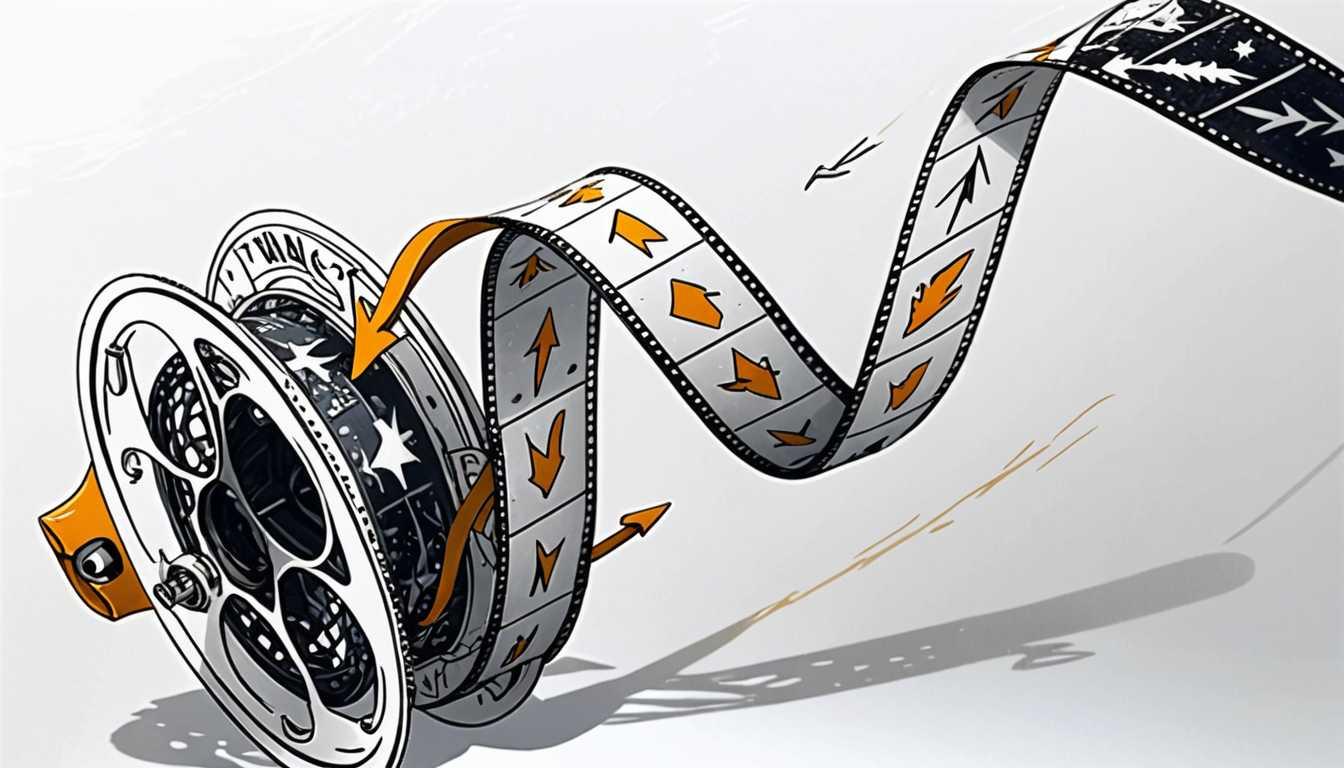Beyond Coding: The Full Story
April 2023
MIT Technology Review
Introduction
Dive into the digital revolution with Learning to code isn’t enough from MIT Technology Review. Discover why mastering programming languages like BASIC at Dartmouth College or navigating the Logo project at MIT isn't the whole story. This piece explores the journey from coding for the elite to the push for computer science for all, revealing that coding knowledge alone doesn't guarantee success or bridge societal gaps. It's a rollercoaster ride through tech education's past, present, and future—minus the motion sickness. Ready to unpack the code?
READ FULL ARTICLEWhy It Matters
Discover how this topic shapes your world and future
Cracking the Code of Our Future
Imagine a world where every student has the power to shape the digital landscape. That's the vision behind the push for coding education, a movement that has gained momentum globally, thanks to tech giants and educational initiatives. But here's the twist: learning to code is just the beginning. The real magic happens when we understand the broader implications of technology in our lives and society. This journey into coding isn't just about mastering a computer language; it's about unlocking the door to future opportunities, innovation, and understanding the digital world that surrounds us. For you, it could mean the first step towards creating the next big app, solving complex problems, or even making the world a more equitable place. The code to our future is in your hands, and it's time to start decoding it.
Speak like a Scholar
Computational thinking
The process of approaching problems in a way that can be solved with algorithms, which are sets of step-by-step instructions. It's like breaking down a big puzzle into smaller, manageable pieces.
Algorithm
A specific set of instructions for solving a problem or completing a task. Imagine you have a recipe for your favorite cookie; that recipe is your algorithm to make those cookies.
Programming language
A set of rules and symbols used to write instructions that computers can understand. It's like learning a new language, but instead of talking to people, you're chatting with computers.
Digital literacy
The ability to use, understand, and create with digital technologies. It's as essential as reading and writing in today's world.
Social obligation
A duty or responsibility to society that individuals or organizations are expected to fulfill. Learning to code isn't just for personal gain; it's a way to contribute positively to the world.
Inequities
Unfair, avoidable differences arising from poor governance, corruption, or cultural exclusion. In the context of coding, it refers to the unequal access to technology education and opportunities.
Independent Research Ideas
The evolution of programming languages
Dive into the history and development of programming languages from BASIC to Python. Explore how each language was created to solve specific problems or make coding more accessible.
Coding for social good
Investigate how coding initiatives can address social issues, such as poverty, education, and healthcare. What projects exist, and how have they impacted communities?
The role of coding in environmental conservation
Explore how technology and coding are used in environmental science. From tracking wildlife populations to modeling climate change, how does coding contribute to our understanding and preservation of the planet?
Ethics in artificial intelligence (AI)
As AI becomes more integrated into our lives, ethical questions arise. Research the ethical considerations of AI development, including privacy, bias, and decision-making.
Digital divide and access to education
Investigate the digital divide, the gap between those who have access to computers and the internet and those who do not. How does this divide affect access to educational opportunities, especially in coding and technology?
Related Articles

Sophia: AI's Cost-Cutting Revolution
June 2023
Stanford University

The Speedy Evolution of Chinese Typing
May 2024
MIT Technology Review

Umwelt: Charting New Paths in Accessibility
March 2024
Massachusetts Institute of Technology (MIT)

Magic Wand for Videos: DynIBar Revealed
July 2023
Cornell University

Robot Waiters: Serving Independence
April 2023
Stanford University